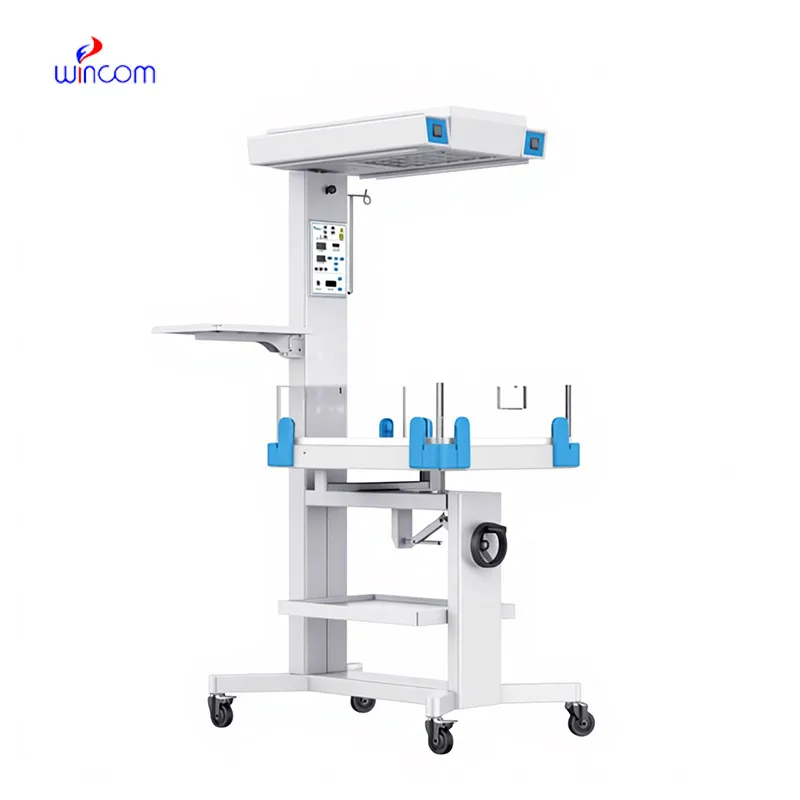
The mri machine invented takes advantage of the use of high-speed arrays of coils and gradient amplifiers to provide higher spatial resolution. The mri machine invented facilitates different diagnostic procedures such as brain mapping, musculoskeletal examinations, and vascular imaging. The mri machine invented offers smooth operation through automated calibration and intrinsic safety monitoring.

In musculoskeletal medicine, the mri machine invented is employed to diagnose ligament ruptures, cartilage lesions, and bone marrow disease. It provides high-contrast images enabling clinicians to pre-plan treatment of degenerative disease and sport injury. The mri machine invented provides accurate visualization of muscles, tendons, and joint structures without invasive procedures.

In the coming years, the mri machine invented will integrate with virtual and augmented reality interfaces, redefining how clinicians view and engage with scan data. AI-powered diagnostic assistants will assist radiologists in interpretation. The mri machine invented will revolutionize clinical workflows through automation, velocity, and penetrating analytical power.

Routine upkeep and maintenance of the mri machine invented are essential to ensure safe and dependable operation. Regular checks must be conducted to confirm coil integrity, cooling capacity, and magnetic field stability. The mri machine invented room must be suitably maintained, temperature-controlled, and metal object-free to prevent magnetic interference as well as equipment damage.
The mri machine invented is an imaging technology of high performance that gives unambiguous images of internal organs. The mri machine invented applies its powerful magnetic resonance technology to sense subtle variations between disease and healthy tissues. The mri machine invented mainly operates for diagnosis, treatment planning, and medical research across the world.
Q: What happens if a patient is claustrophobic during an MRI scan? A: Patients who feel anxious or claustrophobic can request an open MRI machine or mild relaxation medication to make the experience more comfortable. Q: Can MRI detect joint and muscle injuries? A: Yes, MRI is highly effective for examining ligaments, tendons, and muscles, making it a key tool for diagnosing sports and orthopedic injuries. Q: What types of MRI scans are available? A: There are several types, including brain MRI, spinal MRI, cardiac MRI, and functional MRI, each tailored to different diagnostic purposes. Q: Are there any risks associated with MRI scans? A: MRI is generally very safe, though individuals with implanted devices, metallic fragments, or severe kidney conditions may require additional evaluation before scanning. Q: Can MRI scans monitor treatment progress? A: Yes, MRI can track changes in tumors, inflammation, or tissue healing over time, helping physicians assess treatment effectiveness.
The microscope delivers incredibly sharp images and precise focusing. It’s perfect for both professional lab work and educational use.
This x-ray machine is reliable and easy to operate. Our technicians appreciate how quickly it processes scans, saving valuable time during busy patient hours.
To protect the privacy of our buyers, only public service email domains like Gmail, Yahoo, and MSN will be displayed. Additionally, only a limited portion of the inquiry content will be shown.
Could you please provide more information about your microscope range? I’d like to know the magnif...
I’m looking to purchase several microscopes for a research lab. Please let me know the price list ...
E-mail: [email protected]
Tel: +86-731-84176622
+86-731-84136655
Address: Rm.1507,Xinsancheng Plaza. No.58, Renmin Road(E),Changsha,Hunan,China